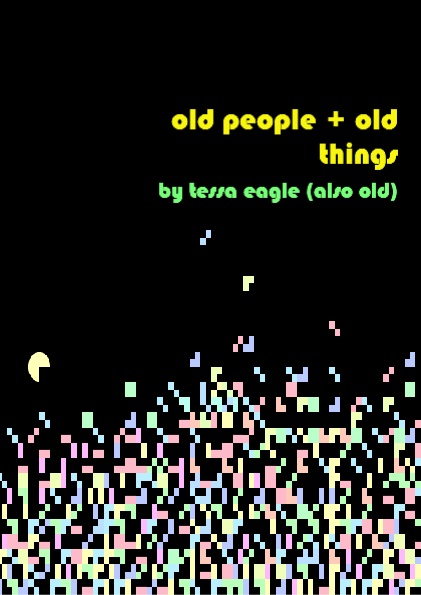An Investigation of Body Doubling
What is body doubling? It’s not cloning - it’s a task initiation and completion strategy used by neurodivergent communities. To do what? Click to find out. 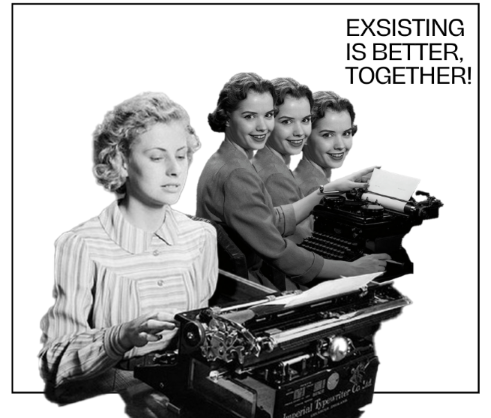
What is body doubling? It’s not cloning - it’s a task initiation and completion strategy used by neurodivergent communities. To do what? Click to find out. 
ADHD has been sensationalized by the media. ‘Everyone has it now’ and yet it remains underdiagnosed. Social media is actually providing a service to many who have gone undiagnosed their entire lives, wondering why they feel different. A different take on social media and ADHD. 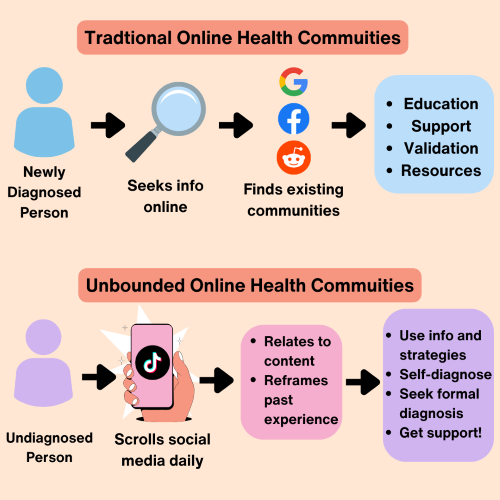
This project uses crowdsourced data from neurodivergent Twitter users to examine changes that could be made to higher education courses to increase accessibility. By combining user-generated suggestions with Universal Design for Learning and guidelines from accessibility orgnaizations, I develop a workbook for course staff to use as a resource to build accommodations into their class design.
Repository of my participation in R for Data Science’s Tidy Tuesday community of practice. Each week, a new dataset is released for people to practice their data visualization skills and receive help and feedback from the R community. I primarily work with {ggplot2} for graphics.
Repository of plots I’ve made for academic publications 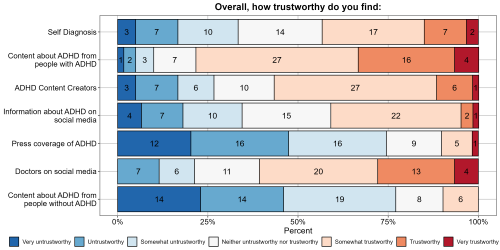
Interactive prototype designed in Figma to guide users through a set of questions in order to present them with a personalized set of recommended mental health apps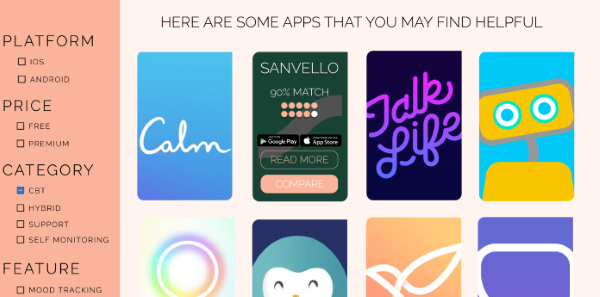
Development of a chatbot system through Botsociety to recommend mental health mobile apps and quickly reduce a large set of apps to a handful of personalized options ”
”
Using the Wave Function Collapse algorithm, we explore the generation of computational constellation art using 77 individual tiles designed in Photoshop.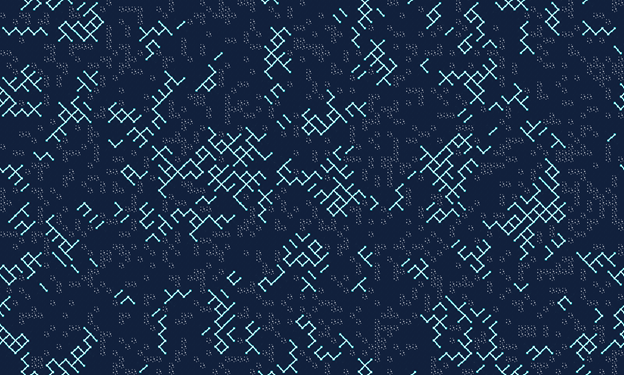
This project involves identifying predatory behaviors in mental health apps using training data to generate a model for analyzing large datasets of user reviews. 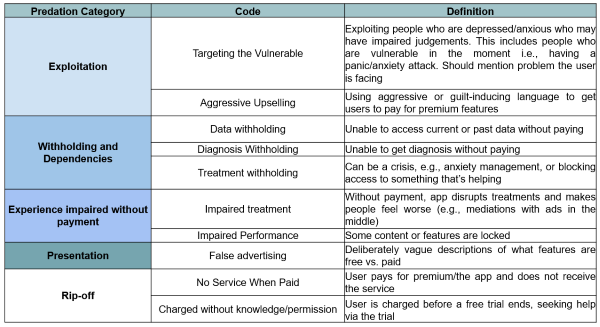
Stemming from a prior static data visualization, I developed an interactive Shiny web application using R to explore historical (1997-2016) government spending on children.
In this project, we develop a Twitterbot using the Tracery text generation and bot creation tool to post GPT-2-generated and expandable grammar content
Zine created for a graduate course exploring histories of media and personal computing